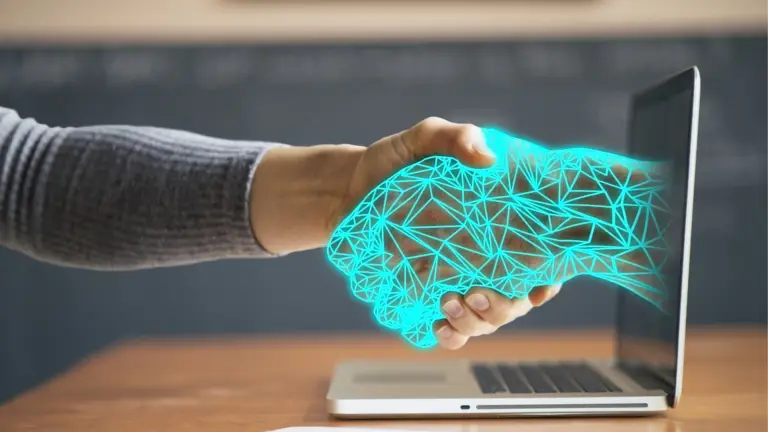The construction industry is undergoing a profound transformation driven by the integration of cutting-edge technology. Among these transformative technologies, the fusion of Smart Construction and the Internet of Things (IoT) stands out as a game-changer. This powerful combination is revolutionizing how construction projects are planned, executed, and managed, ushering in a new era of efficiency, data-driven decision-making, and sustainability. In this comprehensive exploration, we’ll delve into the multifaceted impact of Smart Construction and IoT integration, examining its benefits, applications, and potential to reshape the industry.
To view AH Construction’s projects click HERE
Understanding Smart Construction and IoT Integration:
Smart Construction involves the integration of advanced technologies, data analytics, and digital tools to optimize the construction process. The Internet of Things (IoT) refers to the network of interconnected devices that collect and exchange data through the internet. By combining these technologies, construction projects become smarter, more connected, and more efficient.
Benefits of Smart Construction and IoT Integration:
- Real-Time Monitoring and Data Analysis: IoT sensors embedded in equipment, machinery, and building components collect real-time data on various parameters such as temperature, humidity, and structural stress. This data provides insights into project progress, resource utilization, and potential issues.
- Predictive Maintenance: Smart sensors can predict when equipment requires maintenance, preventing costly breakdowns and downtime. This proactive approach to maintenance ensures optimal performance and extends the lifespan of machinery.
- Improved Safety: IoT-enabled wearables and devices enhance worker safety. Smart helmets, vests, and glasses monitor conditions on-site, detect hazardous situations, and alert workers and supervisors in real-time.
- Enhanced Efficiency: Data-driven insights enable project managers to optimize workflows and resource allocation. Equipment can be deployed more efficiently, and construction schedules can be adjusted based on real-time data.
- Reduced Costs: By minimizing equipment downtime, reducing material waste, and optimizing resource usage, Smart Construction and IoT integration contribute to significant cost savings over the project’s lifecycle.
Applications of Smart Construction and IoT Integration:
- Asset Management: IoT sensors track the location and condition of construction equipment, ensuring they are utilized efficiently and maintained appropriately.
- Supply Chain Optimization: IoT devices monitor the movement of materials and supplies, allowing for real-time tracking and ensuring that resources are delivered to the right place at the right time.
- Energy Management: Smart sensors control lighting, heating, and cooling systems based on occupancy, reducing energy consumption and operational costs.
- Environmental Monitoring: IoT devices monitor environmental conditions such as air quality and noise levels, ensuring compliance with regulations and creating healthier work environments.
- Remote Project Management: Project managers can remotely monitor construction sites using connected cameras and sensors, enabling real-time decision-making and reducing the need for physical presence.
Challenges and Future Outlook:
While the integration of Smart Construction and IoT offers transformative benefits, challenges such as data security, interoperability of devices, and training for the workforce need to be addressed. As the technology matures and solutions are developed, these challenges are likely to be overcome, further accelerating the industry’s transformation.
In conclusion, the fusion of Smart Construction and IoT integration is reshaping the construction industry. By harnessing real-time data, predictive analytics, and enhanced connectivity, construction projects become more efficient, safer, and cost-effective. As the technology continues to evolve, Smart Construction and IoT integration are poised to redefine how the industry operates, driving innovation and sustainability.
For more information about AH construction click HERE




